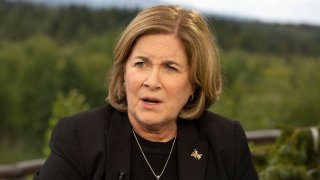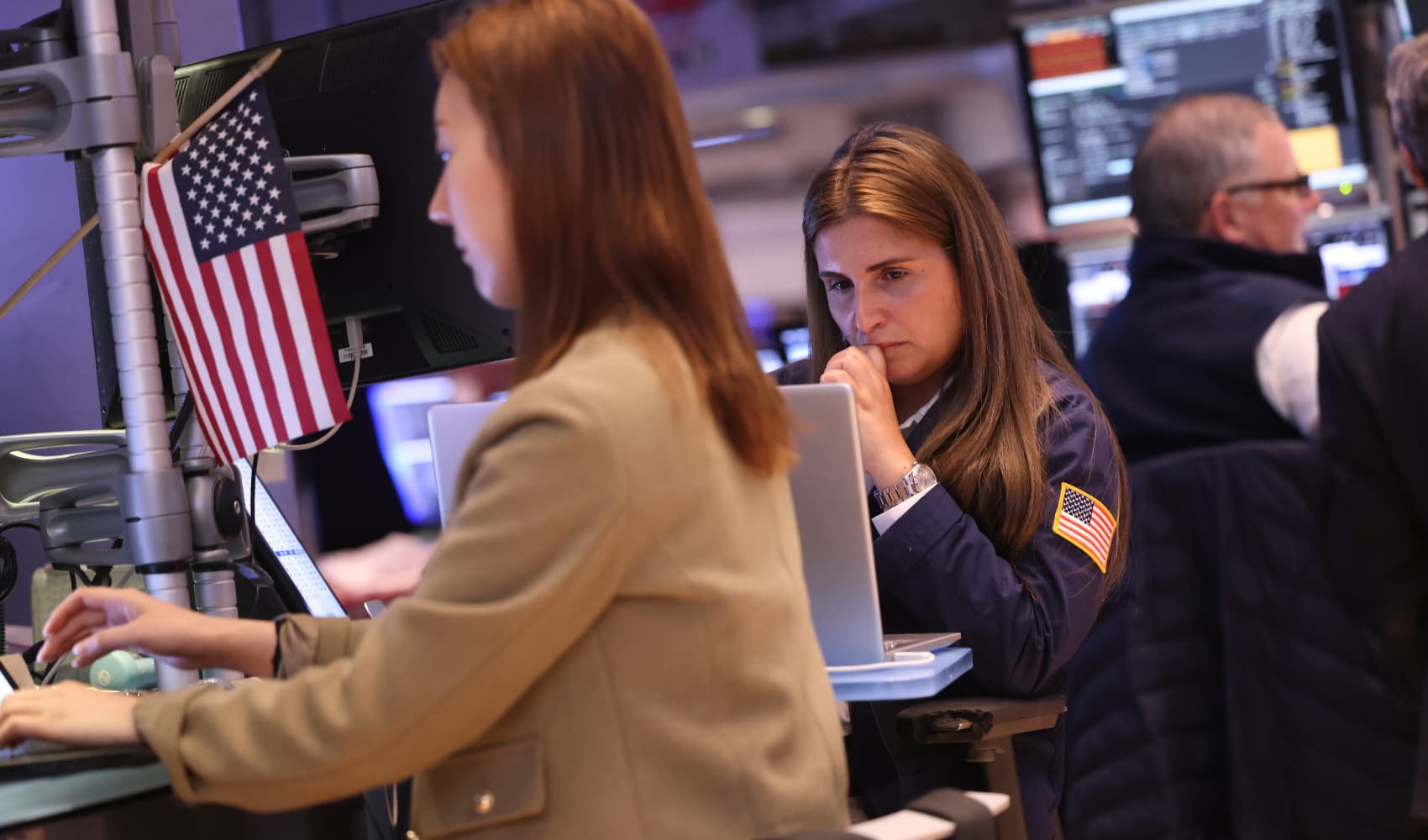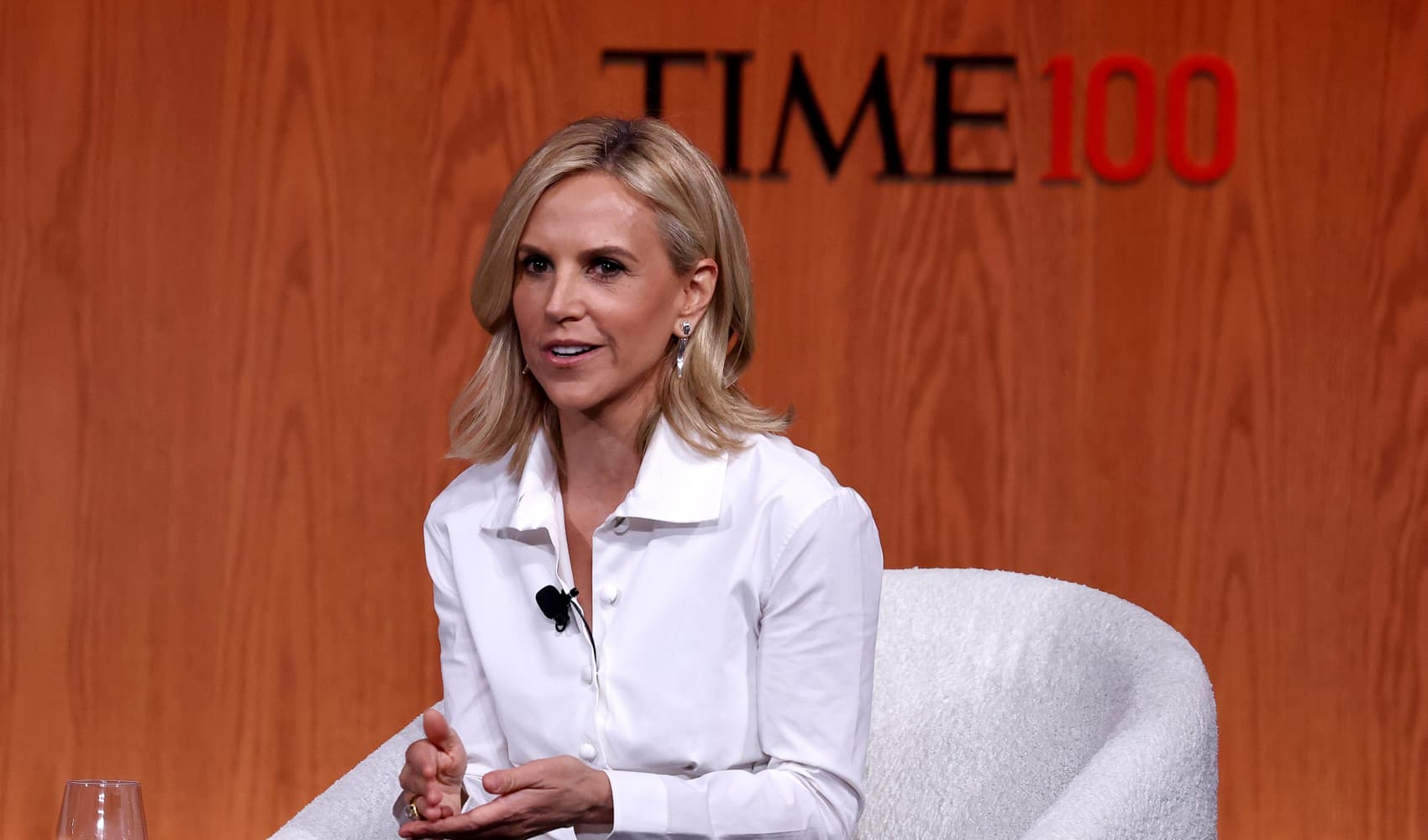
- Inflation could rise faster than “some might expect” as the economy recovers from the pandemic, Kansas City Fed President Esther George said.
- The central bank official said current inflation measures are being held down by virus-sensitive sectors that could rebound quickly once vaccines take hold.
Long-dormant inflation could rebound more quickly than anticipated as the economy shakes off the effects of the coronavirus pandemic, Kansas City Federal Reserve President Esther George said Tuesday.
Current measures show that inflation remains subdued, as it has been for most of time since the financial crisis of 2008.
However, George noted that the Fed's preferred inflation gauge is weighed down by some of the sectors hardest hit during the Covid-19 crisis. That means it may not accurately represent the real state of inflation, which could rise quickly once the virus is under control and some industries, particularly those in the services and hospitality area, recover.
"In contrast to these sectors, price inflation for many other categories of consumption (particularly
goods) has moved up, sometimes quite sharply," George said in prepared remarks. "Such a scenario does not suggest higher inflation is a near-term threat, but rather that inflation could approach the Committee's average inflation objective more quickly than some might expect."
"To the extent that a postvaccine bounce-back boosts demand and prices in these sectors, including airfares and hotel accommodation, inflation could move up quickly," she added.
Money Report
George has long been thought to be one of the Federal Open Market Committee's more hawkish members, meaning that in the past she has questioned the central bank's highly accommodative monetary policy.
However, her remarks came amid a spike in long-term government bond yields that could be signaling some market concern about inflation. Also, she spoke a day after Atlanta Fed President Raphael Bostic said it might be necessary to start raising interest rates by mid-2022, a view well out of the FOMC consensus.
George did not express a view on what the policy ramifications might be of her inflation comments.
"Overall, the outlook is for monetary policy to remain accommodative for some time," she said. "It is too soon to speculate about the timing of any change in this stance."
The Fed currently is keeping its benchmark short-term borrowing rate anchored near zero and is buying $120 billion in bonds. At its December meeting, it said those measures would stay in place until substantial progress is made towards the Fed's inflation and employment goals.






